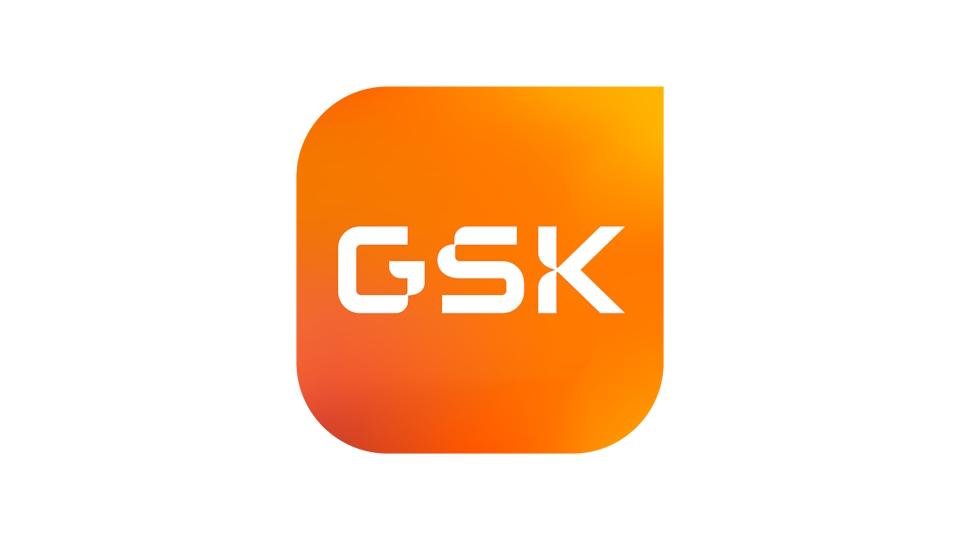GSK bags sought-after Jemperli okay in endometrial cancer

The FDA has cleared GSK's PD-1 inhibitor Jemperli as a treatment for all adult patients with primary advanced or recurrent endometrial cancer, a key part of the company's growth ambitions for the drug.
The approval is based on the RUBY trial, which showed that Jemperli (dostarlimab) given with carboplatin and paclitaxel chemotherapy achieved a 31% reduction in the risk of death compared to chemo alone after two and a half years.
Jemperli is the only immuno-oncology agent to demonstrate a survival benefit in this patient population, according to GSK, and is a key approval for the drug as it fends off a challenge in endometrial cancer from MSD's rival PD-1 inhibitor Keytruda (pembrolizumab).
Jemperli was the first drug in the class to be approved for front-line use in endometrial cancer last year, based on progression-free survival data from RUBY, but with a restricted label that limited its use to patients with mismatch repair deficient (dMMR) or microsatellite instability-high (MSI-H) tumours.
Keytruda meanwhile was cleared by the FDA in June for first-line endometrial cancer therapy earlier this year based on PFS data, without any restriction on the label, so the new approval for Jemperli puts the two drugs on a level playing field. And with that in mind, the OS data for GSK's drug from RUBY Part 1 could be an important factor as they jostle for market share.
GSK's chief commercial officer Luke Miels said on the company's second-quarter results call earlier this week that Jemperli "is the backbone of our immuno-oncology development, and pending regulatory decisions and development beyond dMMR-driven tumours will drive future growth."
In endometrial cancer, upwards of 70% of tumours are mismatch repair proficient (MMRp)/microsatellite stable (MSS), so the new approval unlocks the lion's share of the market for GSK. The company is expecting EU approval of the new indication in the first half of 2025.
GSK has previously said that the broader label in first-line endometrial cancer will be the key to pushing annual sales of Jemperli into blockbuster territory. The drug generated £188 million ($240 million) in the first half of this year, up from just £36 million for the same period of 2023. It has previously predicted peak sales of the drug could reach £1 billion to £2 billion.
Future growth opportunities could come from phase 3 trials investigating the use of Jemperli in the treatment of rectal, lung, and head and neck cancers, including a recently started study of the drug in combination with GSK's TIGIT antibody belrestotug as a first-line therapy for PDL1- high non-small cell lung cancer (NSCLC).
There's more to come in endometrial cancer as well, with RUBY Part 2 looking at the combination of Jemperli, chemo, and GSK's PARP inhibitor Zejula (niraparib), with results showing improved PFS with the triplet therapy compared to Jemperli and chemo alone.
Meanwhile, also gunning for a piece of the market is AstraZeneca, which in June won FDA approval for its PD-L1 inhibitor Imfinzi (durvalumab) alongside chemo as front-line therapy for endometrial cancer, but was also restricted to dMMR tumours only.
The DUO-E study that underpinned the approval also included a triple combination of Imfinzi, chemo, and AZ's PARP inhibitor Lynparza (olaparib), but that was not included in the FDA's decision.












